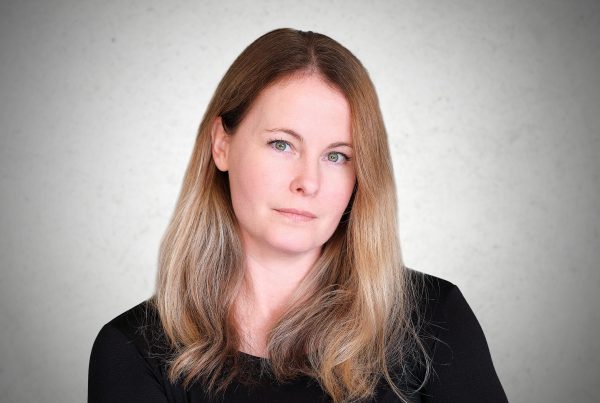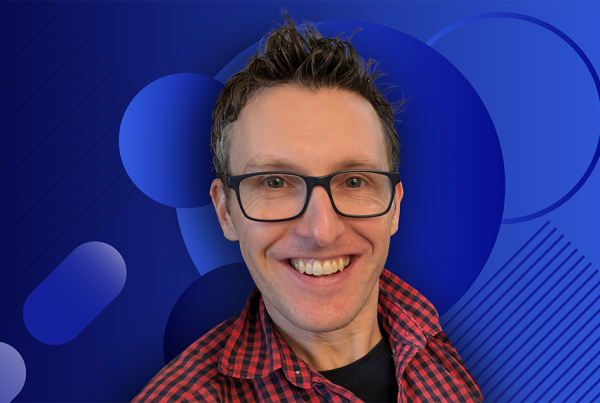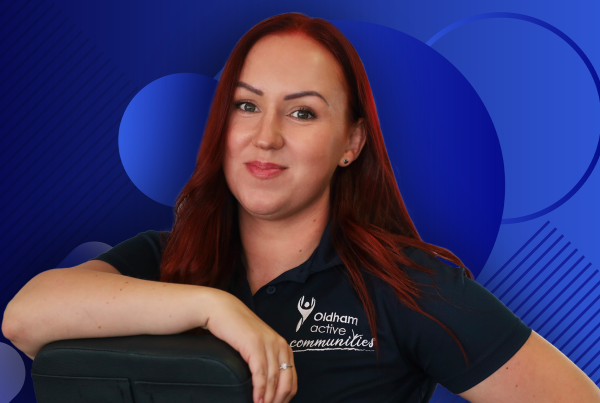James Duncan – Head of People Performance, Future Fit Training
Many readers of this blog are likely to be familiar with the work of Stephen Covey, particularly his book ‘Seven Habits of Highly Effective People’. Whether you subscribe to his philosophy in its entirety or not, the concept has stood the test of time and personally, it has certainly served me well throughout my career. However, one habit does trip me up. It’s the one that should really be most familiar – ‘Sharpen the Saw’!
The seventh habit – ‘Sharpen the Saw’ – is one of renewal and continuous improvement, building on our own capabilities and effectiveness. In his book Covey uses the fable of the Goose that laid the golden egg. In the story, a poor farmer’s goose began laying a solid golden egg every day, causing the farmer to get rich quick!
Due to his sudden wealth, the farmer becomes greedy and assumes that the goose must be full of golden eggs. In order to quickly gratify his need for more riches he kills the goose. After cutting it open, he discovered that is was not actually full of golden eggs and would no longer provide him with any.
The lesson that Covey is conveying is that if an individual attempts to maximise immediate performance capability without first investing time in building their capability they will invariably fail. Equally, if an individual doesn’t not take care of their existing attributes, if they are not keeping their personal tools sharp, then they will also fail.
As leaders, we must have a focus on our personal and professional development, ensuring that we are constantly striving to improve and be the best that we can be.
The question is – do we all do it?
If I were to rewrite this book, I would probably entitle it ‘Six Habits of Quite Effective but Very Busy People’ in order to better reflect the truth of the situation. Continuous development is an essential component for anyone to achieve sustainable success in a performance driven environment.
Encouragingly, I have never met a leader who would not champion the importance of ongoing development in their respective organisations. Sadly, I think that too many of us become far too busy and often overlook our own development by way of compromise. No matter how much we champion ongoing development as a concept our people will not buy in to.
Why?
Because people are influenced by our cultures, not our ‘rules’! As leaders our actions and behaviours define our culture. If we are not modelling continuous development as the expected norm, it never will become cultural. Without this commitment and practice we risk stagnation, irrelevance and a short shelf life, personally and organisationally.
If we are to change this paradigm, we also need to change our view of ongoing development. There is and will always be a need for formal, structured development programmes. They work, they build good habits and bring a uniformed approach to workforce development. Alongside this we should be striving to create cultures that recognise and own the value of the ‘water cooler chats’, the supportive input that occurs each and every day. We should develop inquisitive mindsets that cause people to explore outside of their normal spheres and ongoing personal reflection and evaluation that helps discover our motivations and change behaviours.
There’s already an amazing amount of valuable development opportunities within the sector that we can take advantage of. Last week I attended ukactive’s Learning & Development Network, which was supported by Future Fit Training, a fantastic opportunity to network with like-minded people who challenge us and cause us to be better.
Can we change the norm?
As leaders, can we develop a habit of individual continuous improvement that in turn fosters a culture of ongoing personal and professional development throughout our organisations?
Let’s stop being too busy to invest in ourselves and take time to sharpen the saw before it becomes blunt and ineffective!




